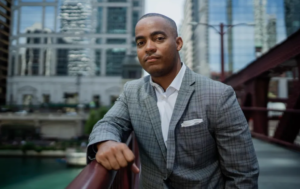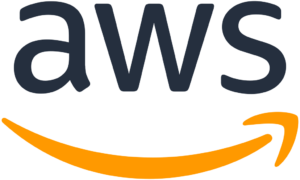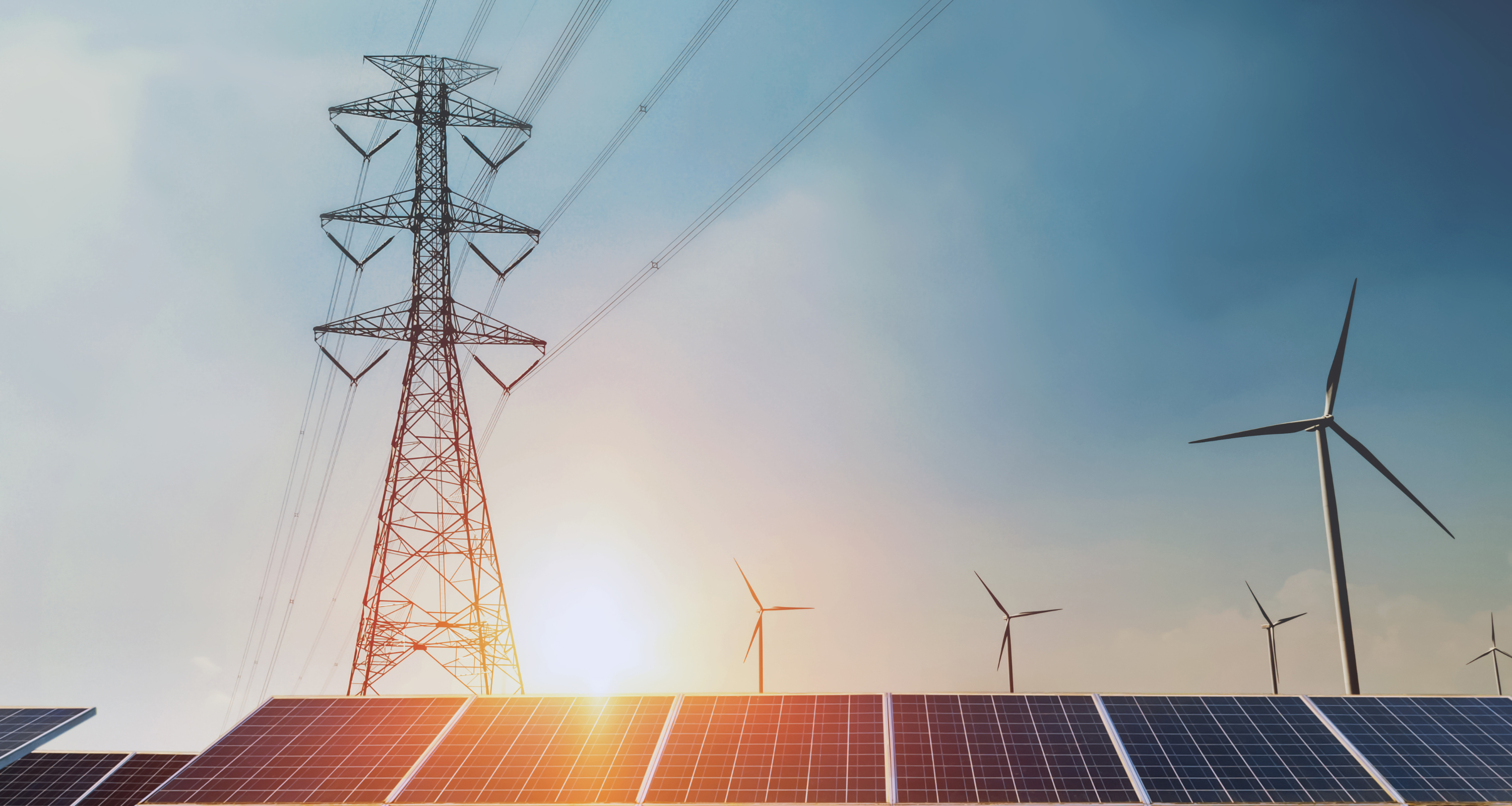Renewable Power Perspectives Q&A with Robert “A.J.” Patton, CEO of 548 Capital, LLC.
By Constance Thompson
August 31, 2021

The American Council on Renewable Energy (ACORE) is pleased to share the third installment in our “Accelerating Renewables” blog series.
Each installment features industry leaders and topics related to accelerating an equitable and just transition to a renewable energy economy. In recognition of National Black Business Month, our August features highlight how three Black-owned Accelerate member companies are thriving in the renewable energy sector.
Robert “A.J.” Patton is a finance, sales, and capital markets expert with more than a decade of experience in investment banking, endowment management, and real estate analysis. In May 2016, A.J. founded 548 Capital, LLC, to combine his expertise and track record of creating consistent returns with a personal passion for helping transform communities and their impact on the planet. In 2019, Patton was named a recipient of the Energy News 40 Under 40 award — highlighting his impact on America’s transition to a clean economy.
READ MORE: ‘Up-and-Comer’ Developer Makes Headway without the Banks (Chicago Sun-Times, August 27, 2021)
What inspired you to start your company?
I had two pivotal moments that made me jump. In 1999, my mother received a $400 gas bill, and she was only making ten bucks an hour, so we couldn’t afford the gas bill. And so, unfortunately, we had our gas and heat shut off. For approximately a year in my teens, we had to boil water and carry it up to a porcelain tub to take a bath. Those were uniquely tough times, and experiences like that just stick with you. I don’t care what happens the rest of your career or what your quality of life is moving forward; those moments are with you forever. As I talk about that with different groups around the country, it has become clear that my experience is not an anomaly. A lot of people have similar anecdotes, and that’s not a good thing.
The second pivotal moment was probably 15 years ago, as I was working for a firm that was investing in a host of things around the world. People were coming in to ask for an investment around renewable energy, and I posed a question to them: “What you are doing with these solar firms is spectacular, and the cost of solar is coming down, but how does that help everyday people?” I asked, “Where are they in your equation? Where is their access? They are paying a disproportionate amount of their income on energy.” They looked confused that I would even dare ask about the everyday people. They said, “Well, you know, low- and moderate-income families often live in multi-family buildings, and it is hard to get in contact with those building owners. If you can not get in contact with the building owners, you have to contact individual families and the cost of getting those people educated and then subscribing to renewable energy is not a favorable business model.” So, I asked, “What if I owned the housing development and the solar?” And they said, whoever does that is going to change the market forever. So I quit my job. I think I turned in my resignation within six months of that conversation, and I started my company. I named it 548 Capital because that is the unit number in the public housing where I grew up. So everything is I do is targeted to families in those situations and focused on improving their quality of life.
Tell us about your company (mission, partners, regions you operate in, primary customers, etc.)
The vision of 548 Capital is to make sustainable technologies accessible for all: all communities, all families, everyone should have access. Someone, some entity, has to serve as the bridge so that those technologies reach everyone. That’s what my mission is, and fortunately we are growing. We are currently headquartered in Chicago, but we will be announcing some new locations this fall.
Share with us a recent success story.
We recently joined Mayor Lightfoot for a press conference to announce that we will be building a $30 million, entirely sustainable and entirely affordable development, in partnership with the City of Chicago. We are building 50 residential units, a coffee shop, a business center, all on the South Side of Chicago, which will expand solar-powered usage in the city.
What impact are you making?
I think there is always a shock when people learn who is behind our company. Even in our own communities, people just can’t believe it. To me, that’s pretty rewarding. People seeing who’s behind 548 Capital matters.
The other thing that I think is important is we have an economic impact that resonates with people, and it’s a pretty powerful message. We’re aiming to cut utility expenses for families in half. That’s a big deal, you know. That amount of money impacts the budget of everyday families.
What challenges do you face? Why?
You can’t skip the grind. Let me acknowledge that starting a business, any business, was going to be difficult. With that said, access to capital is ungodly difficult. When I go to banks and say that we’re building sustainable housing in low- and moderate-income communities, they look at me like I’ve spoken the wrong language. These communities are still being red-lined. Some banks don’t want to invest; they don’t want to partner; they don’t want to do their share. It is a battle of generational size that I’m trying to fight here, and we’ve made very small, incremental progress. I think the lesson is that coalition building is important. My voice only means so much, but the more I can bring friends to the table and amplify that voice, the more we can raise attention to the need.
So what can organizations like ACORE do to move that needle for you, to break down that barrier?
Putting people in rooms together so everybody can share notes is always valuable. Through the Accelerate program, we’ve had a chance to speak directly with bankers and tax credit syndicators which is spectacular. Then, if there are national corporations that can support our work that can also be a big deal. We’re currently working on a partnership with Lowe’s, which is donating about $1,000,000 worth of materials to support our projects. Normalizing exposure, standing next to us and saying “these communities are worthy of investment” – you can’t put a value on that.
How can potential partners do business with you?
Right now, we are Chicago-focused. We are always looking for partners to invest, offer debt or buy some tax credits, that’s the first ask. We are also always willing to host people if they want to see some of the sustainable technology we are putting in these communities. This is not proprietary; it’s an open book. We host people once a week at our building so they can see the technology that we’re applying in communities that historically haven’t had access. We are also going to be expanding our board. I’m always challenging top executives to put their name and face on these efforts because I think that has real value.
How was your Accelerate membership benefited you?
It’s been great just to meet the other Accelerate member companies. I learned a lot from having conversations with them in real-time, and learning about people with totally different perspectives. I love the networking.
I think we are doing the best we can do in the COVID environment. Just knowing that it exists, and that ACORE is so intentional about the program, makes a big difference.
###
Join leaders from across the clean energy sector.

What will our next 20 years look like? Here’s the truth: they’ll be better with ACORE at the forefront of energy policy.
Shannon Kellogg
Amazon Web Services (AWS)
